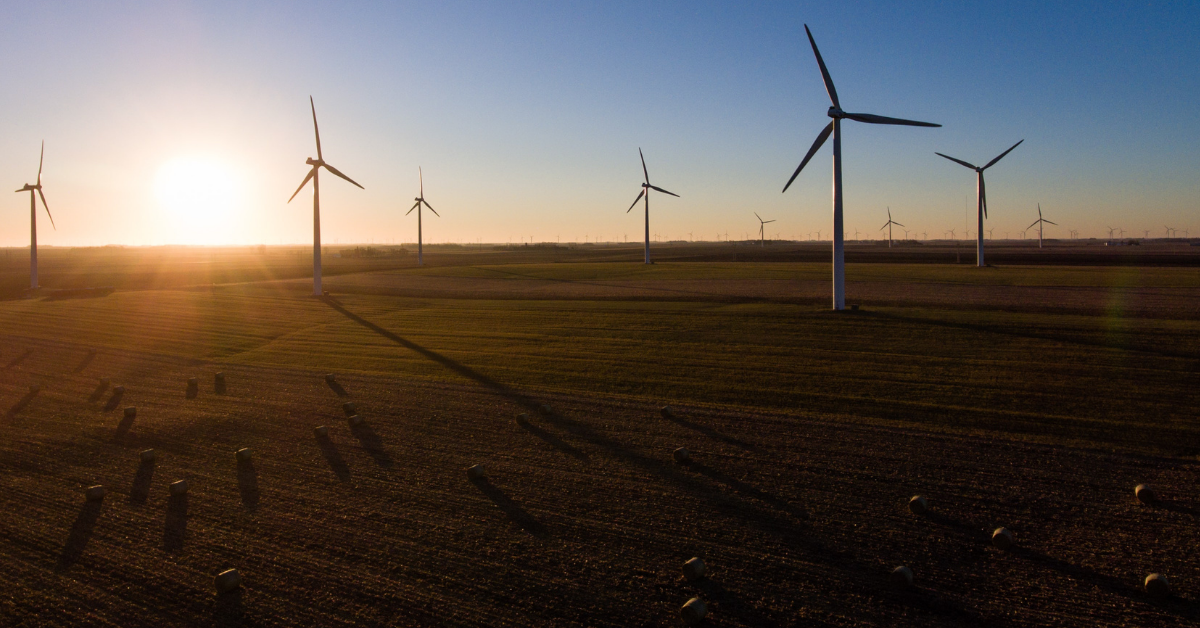
“Technological innovations are embedded in the daily lives of even the most critical among us, and both usage of and demand for devices grows exponentially, leaving us to contemplate the ravages of climate change on our brightly lit screens.” This EADI blogpost by Basile Boulay, Senior Executive at the EADI secretariat, is about his critical view of political economy in relation to electronic devices.
The problem with tech thinking
“We know that manufacturing phones generates heavy CO2 emissions, but are often unaware of the energy and water required in the extraction and refining process of key components, leading for example to hydric stress in countries already battling for water security. This connects to another point, namely that the geographical location of specific key components is concentrated in particular countries.”
“In the case of cobalt, at least half the world supply is located in the Democratic Republic of Congo, which has led to violent conflicts for access to resources, rising number of soldier children and population displacements (…). The global pattern of inequalities between global north and global south is therefore clear when looking at the manufacturing part of the value chain, but also at the other end: Ghana is among the main receivers of used and damaged phones from the entire world. A giant open-air dump outside the capital where smartphones are burnt to separate components has resulted in chronic soil and air contamination (including by arsenic). Similar resource- and waste chains come along with other increasingly connected devices: cars, household appliances etc.”
Where are we headed?
“Change in politics with a big P will necessarily have to come with a common reflection on the good life at every level of society. Small technocratic and isolated fixes such as specific taxes or consumer nudges will not do the trick, and the demand for radical political changes will have to go hand-in-hand with ground level changes in consumption patterns.”
“Another related lever of action is to demand political change regarding the (lack of) legislative framework that surrounds modern technologies. Digital technologies have evolved at a much faster pace than the law. To take an example, the ‘right to repair’ should be enshrined in the law but has instead been fiercely, and until recently largely victoriously, fought by corporate interests.”
“Although repair cafés started to burgeon all over the planet, their operational capacity and the range of tasks their can perform remain limited in this slowly changing environment (…). A legislative framework more aligned with social and ecological priorities rather than corporate ones would also help with the consolidation of these small business which typically provide local employment with a strong human component and generate local ecosystems of knowledge.”
“Last but not least, at the international level, changes in our consumption patterns and lifestyles as well as more people-centred regulatory frameworks would also be a first step towards decolonising technologies. (…) A more reasoned use of tech devices, a better understanding of value chains and a thorough reflection of what a good life should look like would be first steps to start addressing these pressing global issues.”
This article was first published by Basile Boulay, Senior Executive at the EADI secretariat and PhD in Development Economics at EADI.


Recent Comments